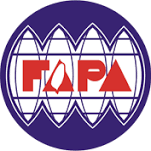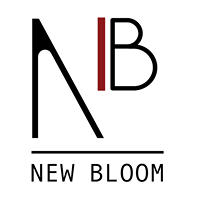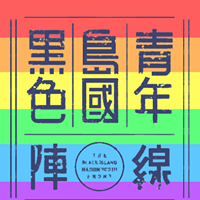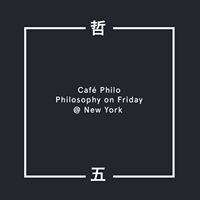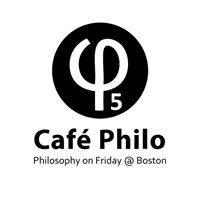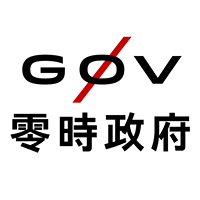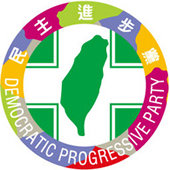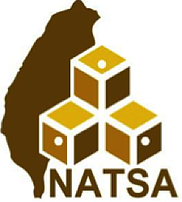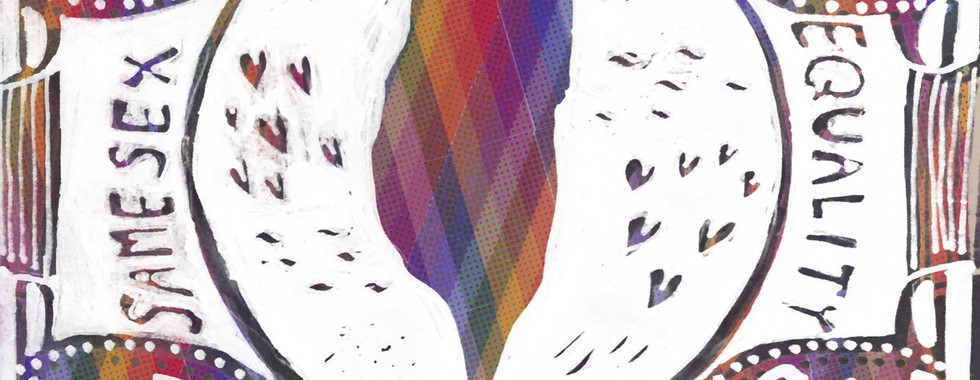Occupy the Movement
Lee Tzu Tung investigates real political systems through an artist’s lens, exploring how art can serve and be transformed within these contexts. As an undercover artist, they embed themself in Taiwan’s DPP and NPP parties, activist NGOs, and leading movements, blurring the line between political engagement and artistic practice.
Project Documents
Political Parties and Communities with Which Tzu Tung Has Been Involved.
The Same-Sex Marriage movement, with aesthetic direction and illustrations by Tzu Tung.
Commemorating Ling Guan Hua: The Anti-Black Box Movement, , with aesthetic direction and illustrations by Tzu Tung.
Occupy the Movement is a long-term art-research project by Lee Tzu-Tung that operates at the intersection of political action and aesthetic experimentation.
Throughout this project, Tzu-Tung has engaged with a wide range of organizations, grassroots movements, and political institutions across the globe. They held temporary roles within the propaganda departments of Taiwan’s major political parties, including working in the office of legislator Su Chiao-Hui of the Democratic Progressive Party (DPP) and with legislator Kawlo Iyun of the New Power Party (NPP). These roles offered them first-hand experience of the performativity, rhetoric, and contradictions within formal political systems—insights that deeply inform their artistic interventions.
Tzu-Tung’s involvement extends beyond Taiwan to the Taiwanese diaspora and global activist networks. As a core member of Oversea Taiwanese for Democracy (OTD), they co-organized global actions in support of Taiwan’s same-sex marriage movement under the campaign #LoveWins4Taiwan, reaching over 40 cities worldwide. These efforts reflect their belief in art not as a representational object, but as an embedded, guerrilla method for mobilization, visibility, and transformation. They also led and spoke on behalf of the ANTI-BLACK BOX EDUCATION movement, integrating artistic thinking directly into protests and public education efforts in cities including New York, Los Angeles, Seattle, and Boston.
Their work with various NGOs further illustrates their hybrid role as both participant and provocateur. Tzu-Tung contributed to fundraising for the Appendix Project, supported Indigenous self-determination movements, and collaborated with organizations such as Democracy Tautin, the Formosa Association of Public Affairs (Youth Professional Group), and the Taiwanese Association of America. Their commitment to decolonial and intersectional politics also led them to organize Café Philo study groups in Chicago and New York—spaces where philosophy, activism, and collective reflection intersect. In addition, they have devoted significant efforts to campaigns for legal reform and social action addressing sexual violence and abuses of power in Taiwan.
This ongoing political engagement forms the foundational nourishment for Tzu-Tung’s art practice. It leads to a body of work rooted in real-world struggle and lived understanding, allowing their art to exist in the liminal space between politics and aesthetics—strategic, critical, and always in motion.
